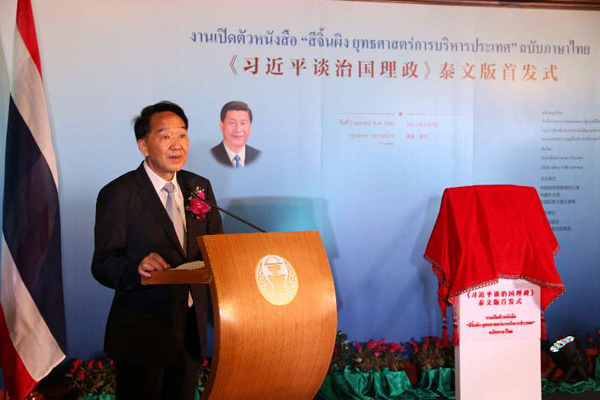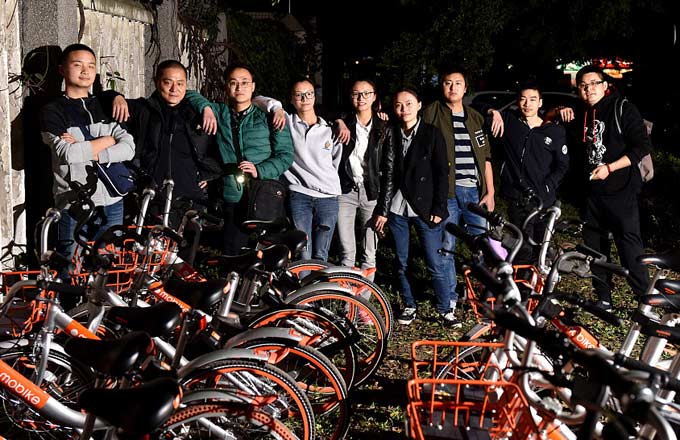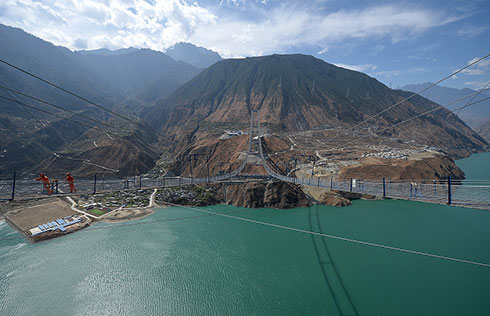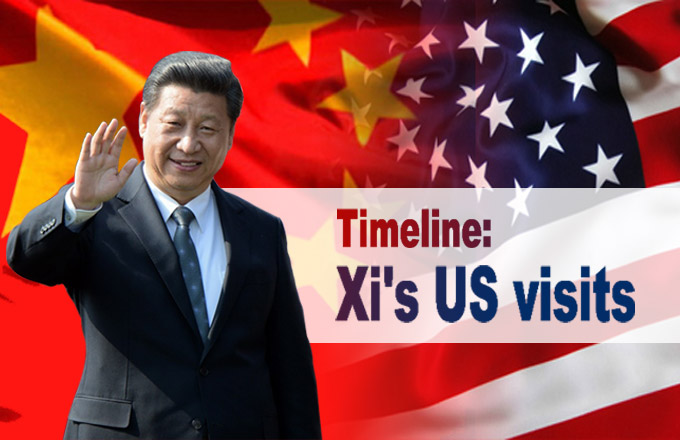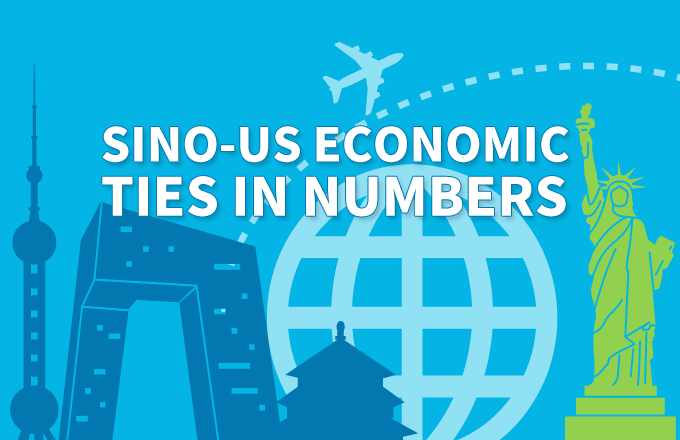Humanistic spirit drives Sino-Thai ties
Third, it comes from Xi's full respect for the excellent fruits of all human civilizations. Some chaotic developments in today's world are challenging the red line of the international order and the moral bottom line of mankind, and our blue planet is, from time to time, smeared by the bloody stains of the law of the jungle. President Xi proposes that world civilizations be colorful, equal and inclusive, and all countries and nationalities promote mutual learning, mutual reference, pay mutual respect to each other and treat each other as equals. He holds that China should absorb and learn from the fruits of all excellent human civilizations. He also proposes mankind ponder over such questions as "where we come from, where we are now and where we are going", and that mankind should take hold of the themes of the times — peace, development, cooperation and win-win — to build a human community of share destiny. We now happily see that Xi's such proposals have been continuously included in UN resolutions and have become a consensus of the international society. The respect paid by President Xi to different civilizations and his conception of the community of shared destiny incarnate China's responsibilities, China's wisdom and China's role.
Certainly, collected in this book are only President Xi's remarks and instructions before June 2014, and there are a lot of his other important remarks and instructions that have not been compiled and included in the book. However, the backbone of his thoughts on China's governance is already on display in this book. In the latter half of this year, the 19th National Congress of the CPC is due to be held, and after that we will make some extractions and summarizations of his new thoughts on China's governance and continuously share them with all of you.
Thailand is an important stop on the Maritime Silk Road. During his voyages to the Western seas, Zheng He, a great Chinese navigator during the Ming Dynasty (1368-1644), and his vessel team made a stopover in Bangkok. China and Thailand are good neighbors, partners, friends and relatives. They are like two sails of the same boat of the Maritime Silk Road and two melons of the same vine that have a shared destiny.
Many Chinese like traveling to Thailand, known as the "Kingdom of Buddhism" the "Nation of Elephants" and the "Land of Smiles". Lost in Thailand, a movie directed by a Chinese director with Thailand as the base a few years ago, became very popular among Chinese audiences. This is a successful case of Chinese and Thai cultural blending.
President Xi has stressed many times that "China and Thailand are close like being in one family". Buddhism emphasizes causality and good fortune. China and Thailand are exactly two countries that share causal links and what the idea of "being in one family" pursues is common development and good fortune for both countries. We hope that the circulation of Xi Jinping: The Governance of China in Thailand will help further promote mutual learning, mutual reference and mutual improvement between the peoples of the two countries and bring them more benefits and contribute to world people.
The author is the minister of State Council Information Office. The article is an excerpt from the speech he delivered at the launching ceremony of the Thai translation of Xi Jinping: The Governance of China in Bangkok, Thailand, on April 7.




